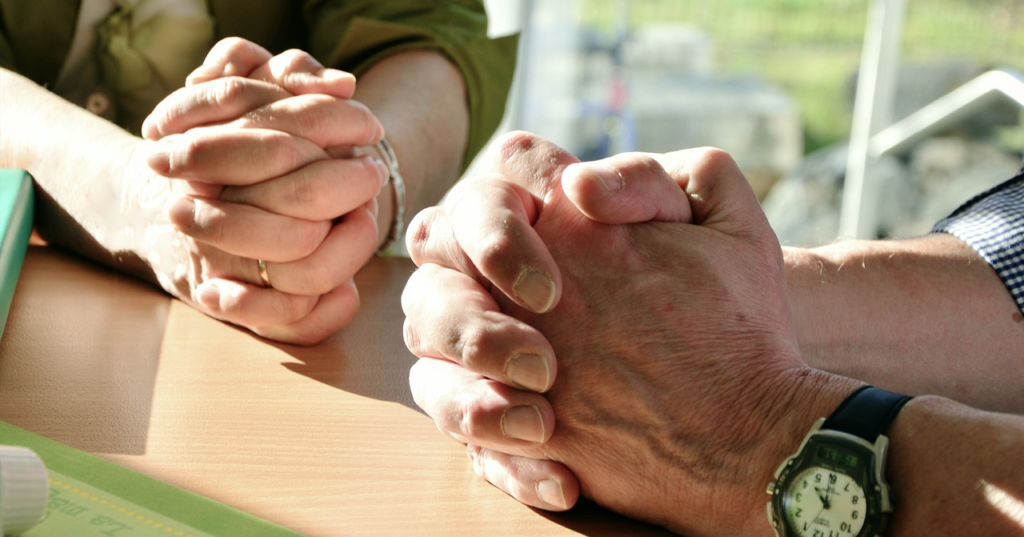Faith is a powerful force that has been the subject of study, debate and practice for centuries. Many people report experiences of healing and overcoming through faith, be it religious, spiritual or simply a deep belief in something greater than ourselves. But how exactly can faith heal? Let's understand this question and the power that resides within each of us.
The Nature of Faith
Before we dive into the relationship between faith and healing, it's important to understand what exactly faith is. Faith can be defined as an unshakeable belief in something that cannot be proven by reason or science. It goes beyond intellectual understanding and reaches the core of the human being, often transcending the barriers of logic and empirical evidence.
Faith can take many forms, from religious faith in a higher power to faith in human potential or the ability to overcome. Whatever form it takes, faith shares a fundamental characteristic: the ability to inspire hope, courage and perseverance.
The Power of the Mind over the Body
Numerous studies have investigated the relationship between mind and body, and more and more evidence suggests that our thoughts, emotions and beliefs can directly influence our physical health. The mind and body are interconnected in complex ways, and the way we think and feel can directly affect our physical well-being.
This is where faith comes into play. When someone has a strong belief in the possibility of healing, whether through prayer, meditation, visualization or simply trust in their own ability to recover, this belief can trigger a series of physiological processes that promote healing. Faith can reduce stress, strengthen the immune system, increase the production of chemicals in the brain associated with well-being and even influence the expression of health-related genes.

The Role of Hope and Purpose
In addition to its direct effects on the body, faith can also nurture hope and purpose in a person's life. Hope is a powerful motivator that can drive someone to seek medical treatment, adopt healthy lifestyle habits and face challenges with resilience. Purpose, on the other hand, gives meaning to life and can provide an emotional anchor during difficult times.
When someone finds meaning and purpose in their faith, it can provide a source of unshakeable strength and solace, even in the most adverse circumstances. This sense of connection with something greater than ourselves can provide a feeling of inner peace that is deeply healing.
Integrating Faith and Science
It's important to note that faith is not a panacea for all illnesses, and is no substitute for proper medical care. However, science is beginning to recognize more and more the role of the mind and spirit in health and healing. Integrating faith-based approaches with conventional medical care can offer a holistic and comprehensive approach to overall well-being.
Discover the Power Within
Ultimately, the question of how faith can heal is complex and multifaceted. Faith can not only directly influence physical health, but also strengthen emotional resilience, nurture hope and purpose, and provide a sense of connection and meaning.
Regardless of your individual beliefs, it is important to recognize the power that resides within each of us in order to cultivate a faith that inspires healing and transformation. By nurturing our faith and our connection to something greater than ourselves, we can access a reservoir of strength and resilience that can help us face life's challenges with courage and gratitude.
May we all discover and cultivate the power of faith within us, and may this power guide us on our journey of healing and personal growth.
If you liked this article, share it with friends and family. Leave your comments below and let's continue this conversation about the power of faith and healing!
See also: How Faith Prepares Us for Life's Challenges
March 22nd, 2024
With much faith and positivity, she writes for the Oração e Fé daily, bringing messages and Divine teachings to everyone.